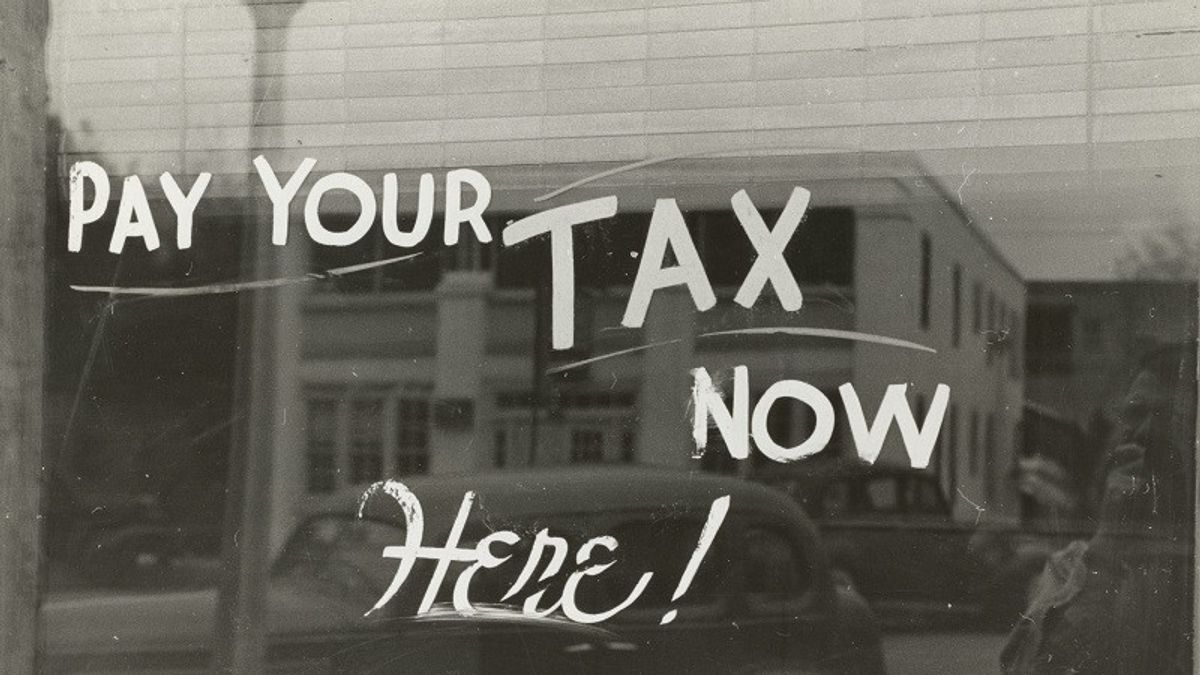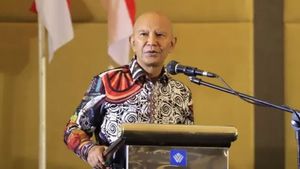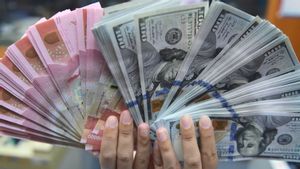JAKARTA - The government has decided to continue to increase the Value Added Tax (VAT) rate to 12 percent starting January 2025.
Director of Next Policy Yusuf Wibisono sees this policy as a shortcut to increase stagnant tax revenues in the past decade.
"The tax ratio in 2023 is only 10.23 percent of GDP, even lower than the beginning of President Jokowi's 2015 administration which was 10.76 percent of GDP," he said in a statement on Tuesday, December 24.
Yusuf conveyed that the increase in VAT rates to 12 percent is expected to boost domestic VAT revenues which are the backbone of state revenues.
Meanwhile, after the tariff increase from 10 percent to 11 percent in 2022, VAT revenue increased from 3.25 percent from GDP in 2021 to 3.51 percent from GDP in 2022, and finally to 3.62 percent from GDP in 2023.
However, Yusuf said this increase was followed by stagnation and decreased income tax revenue (PPh) performance where the previous income tax increased from 4.10 percent from GDP in 2021 to 5.10 percent from GDP in 2022, and stagnant at 5.03 percent in 2023, so it is projected to decrease to 4.70 percent from GDP in 2024.
"The increase in VAT rates to 12 percent by 2025 should be canceled. Additional revenue from this tariff increase has the potential to not be commensurate with its impact, ranging from the weaker people's purchasing power, potential inflation, to the increasing economic gap," he said.
Based on Presidential Decree No. 76/2023 and Presidential Decree No. 201/2024, the government targets an increase in VAT and PPnBM revenues of IDR 61.5 trillion by 2024. With the increase in tariffs to 12 percent, the target is expected to increase to IDR 33.8 trillion by 2025.
Yusuf said that most of the increase in the 2025 VAT revenue target came from domestic VAT, which is projected to increase by IDR 115.7 trillion, compared to an increase of IDR 31 trillion in 2024. Ironically, the domestic PPnBM revenue target actually decreased by IDR 9.8 trillion.
"In an implicit way, the target of increasing domestic VAT income is to compensate for the decline in domestic PPnBM revenue targets," he said.
SEE ALSO:
Yusuf also highlighted the impact of the increase in VAT rates on people's purchasing power, especially the lower and middle class.
"With a high economic gap, optimization of VAT revenue should be done without increasing tariffs. The government needs to focus on eradicating tax crimes, such as embezzlement of sales turnover and fictitious restitution, rather than charging higher rates to the public," he added.
Yusuf conveyed that the policy of increasing VAT rates in the midst of reducing the PPnBM revenue target was considered contradictory.
VAT should be a tool to create fiscal justice, not just a means to pursue state revenue. It is ironic that the government actually lowered the income target of PPnBM which was actually intended for luxury goods," he concluded.
The English, Chinese, Japanese, Arabic, and French versions are automatically generated by the AI. So there may still be inaccuracies in translating, please always see Indonesian as our main language. (system supported by DigitalSiber.id)












